Opticians who are looking to advance their career and who have significant industry experience may want to consider advanced certification through the American Board of Opticianry (ABO). While this credential is not required, there are some benefits that it provides. As the healthcare system undergoes change, competency standards will continue to rise for all. Advanced optician certification is one step that can be taken to ensure that opticians continue to be recognized as skilled providers whose services are necessary and valuable.
Advanced Certification Designations
There are two advanced certification designations currently available to experienced opticians. The two designations include the ABOC-AC and the NCLE-AC. These credentials can only be earned following several years of experience in the optical industry in conjunction with a unique curriculum for advanced education and a passing score on the required examinations. These exams are considered rigorous and do require a high level of preparation before taking them.
Eligibility Pathways
Anyone who has passed the ABO and NCLE exams is eligible to take the advanced certification examinations. Participants of the ABO Master and CLSA Fellowship Programs are eligible to receive advanced certification without completing the associated examinations. The fee for either exam is $225 and they may be taken as often as necessary in order to pass. The National Academy of Opticianry sells review materials for these exams. The following review materials are available through the NAO website:
Advanced Opticians Tutorial (AOT)
Contact Lens Manual: A Comprehensive Study and Reference Guide
The Advanced Examination Registration form can be found by clicking here.
Advanced ABO and NCLE Examination Content
The Advanced ABO and NCLE Exams cover the same elements of the Basic ABO and NCLE Exams, but it they also include additional competencies that set them apart from Basic Certification Exams. In addition to the basic exam components, the advanced exams assess an optician’s business management skills, human resources experience, customer relations capacity, knowledge of sales and marketing, business savvy, operations management, and initiative to pursue professional development. These broad categories give you some idea of the expanded scope of the advanced examinations, but they do not provide a detailed perspective of what is tested on the exams. The following information is meant to give opticians a more precise understanding of what is expected.
Professional Communication
Experienced opticians should be well-versed in communicating with other eye care professionals including ophthalmologists, optometrists, and opticians. Each of these eye care specialists is an important component of providing comprehensive eye care services to patients. The optician must be able to interpret prescriptions and relay any concerns, about a customer’s vision, to the optometrist or the ophthalmologist.
Vendors also play an important role in eye care delivery. An advanced optician must understand how to communicate their needs to vendors. Finally, the optician should have the capacity to serve as a resource and an educator to other members of the eye care team. Optometrists, ophthalmologists, and other members of the team have not been trained as opticians and they may not always know as much about dispensing as the optician does. Good opticians recognize this fact and are willing to educate their counterparts.
Human Resources Management
Individuals who want to pursue advanced certification are expected to have a broad understanding of basic business principles including effectiveness in the management of the employees. Advanced Certification requires that an optician understand the requirements for ensuring that personnel policies and practices are compliant with federal, state, and local laws. There are many laws relating to employment and it is critical that businesses remain diligent in complying with these laws.
Most business owners understand how important it is to recruit and retain high-quality staff. Opticians who qualify for advanced certification have a detailed understanding of benefit structures, training procedures, incentive programs, work scheduling, and performance reviews. Finally, the advanced optician strives to create a positive work environment and implements training programs to ensure that staff understands safety protocols, communication techniques, and motivational strategies.
Customer Relations Management
Customers represent the most important asset that a business has. No optical shop could stay open very long without customers. Since opticians spend more time with customers than anyone else on the eye care team, it is reasonable to expect advanced opticians to be highly skilled in the area of customer relations. Opticians should play an active role in establishing verbal and written policies and procedures for how members of the eye care team are to interact with customers. The advanced optician reviews customer complaints and is proactive about coming up with ways to resolve issues that arise. Since business is always an adaptive process, the advanced optician should make an effort to revise policies and procedures that are not effective in resolving conflicts.
Sales and Marketing Management
Customers learn about products and services offered by an optical establishment through a wide range of sales and marketing efforts. One of the most common forms of marketing, in an optical setting, is the trunk show. A trunk show is a special event where individuals who live within the trade market are invited to visit the optical shop to learn about products and services in detail.
The advanced optician plays an active role in demonstrating products to the public and educating customers on the benefits of the products and services that the establishment provides. An additional marketing strategy is community outreach. Opticians play an important part in creating a cohesive image of the business and they should help orchestrate and execute a wide variety of community outreach efforts.
Business Plan Development and Execution
Some opticians choose to operate their own establishments independent of an optometrist or ophthalmologist. For these opticians, it is important to understand how to write a business plan and manage a budget. Part of this process includes creating and analyzing financial statements in order to assess business performance and decide where changes should be made. In addition to business development and financial management is the need to constantly monitor compliance with professional, ethical, and legal standards. While many business related tasks can be delegated to professionals who specialize in business related fields it is still important for the business owner to know how to monitor business operations.
Operations Management
Inventory is an important part of an optical business and it should be managed in order to ensure efficiency and profitability. Another important aspect of operational management is making sure that equipment is in good working order and that regular maintenance schedules are followed. Advanced opticians play an important part in each of these important business components and they take an active role in performing general office upkeep and maintenance.
Professional Development
Most healthcare professionals are active in industry organizations and make a conscious effort to keep their professional education up to standard. Opticians are no exception and they should take part in seminars, workshops, trade shows, and conventions. These events provide valuable information on where the industry is going and which new technologies and practices are being adopted. Advanced opticians are expected to know which events are worth attending and what they can do to improve their education and advance their careers.



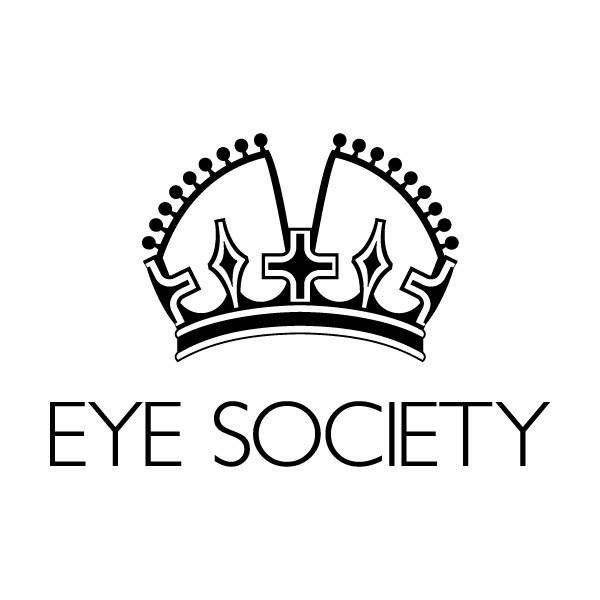


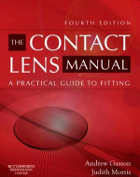
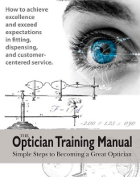

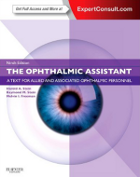
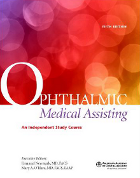
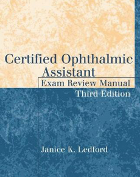
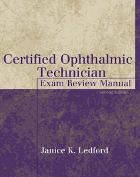
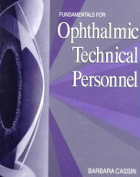

Please Leave Your Comment Below.